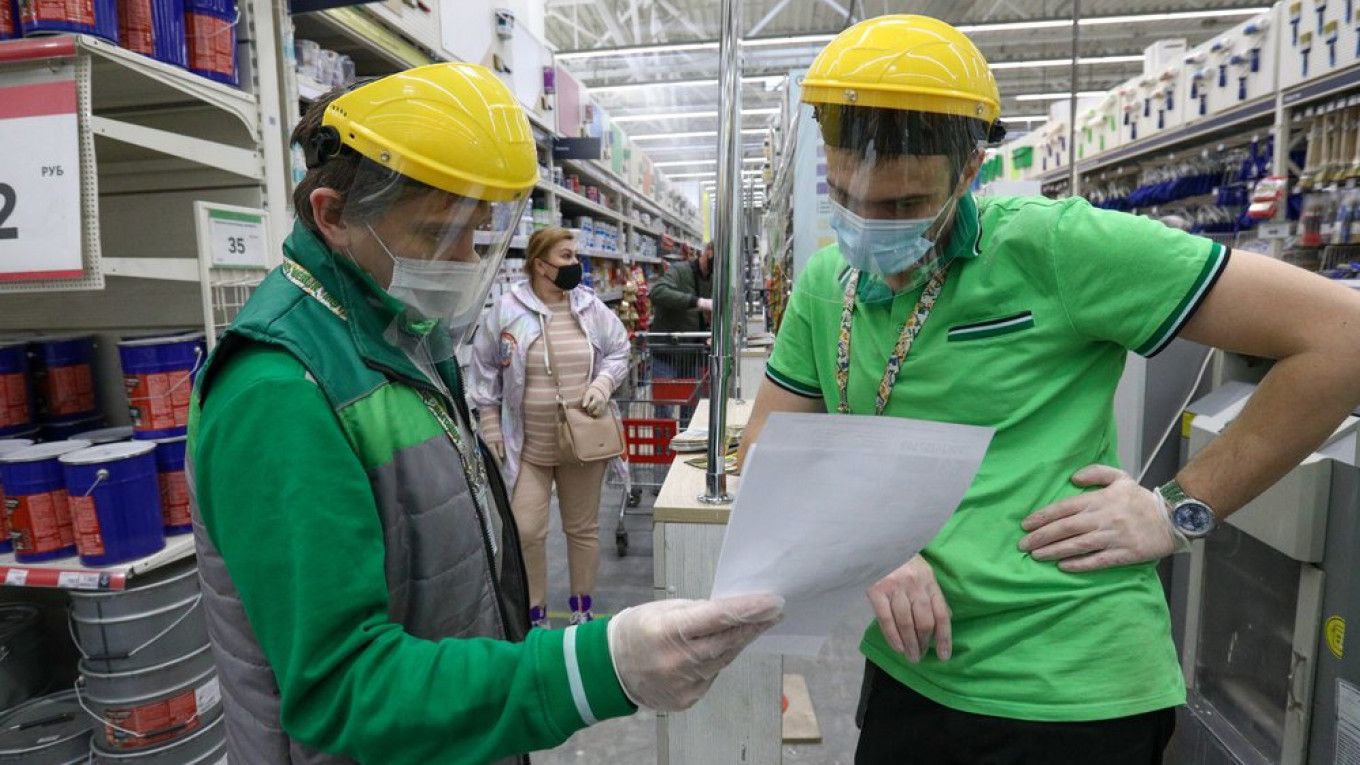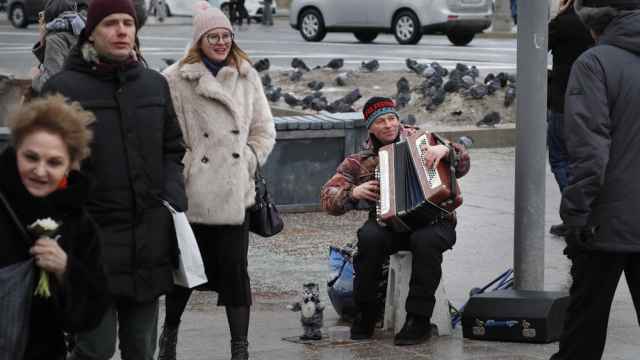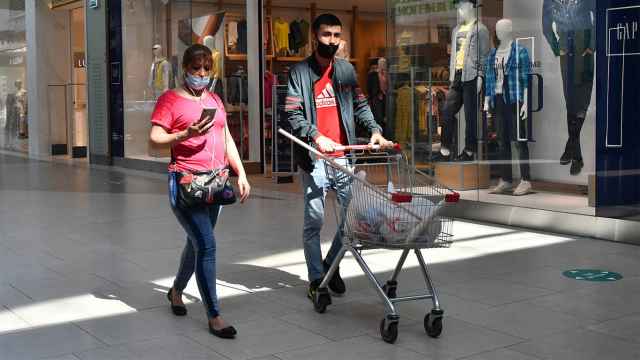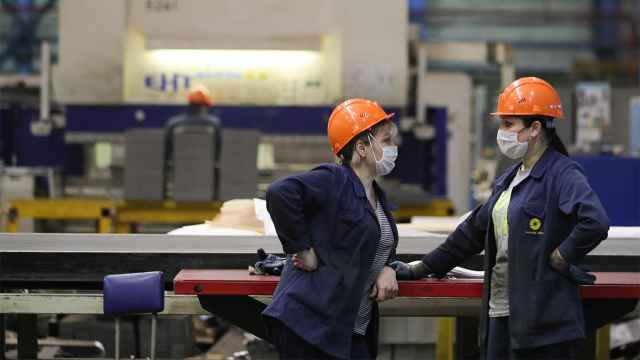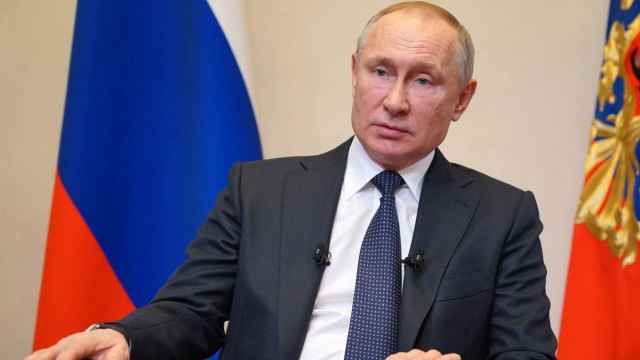Russia will launch a 5 trillion ruble ($73 billion) recovery plan next month to offset economic damage from the coronavirus pandemic, Prime Minister Mikhail Mishustin said in a televised meeting with President Vladimir Putin on Tuesday.
The program of increased spending will last until the end of 2021 with the aim of bringing Russia’s unemployment rate back below 5% and getting the economy growing at 2.5% a year — faster than any annual expansion since 2012.
The extra cash will be spent on support for small and medium-sized businesses through tax holidays and government backed cheap loans, as well as already-announced higher social payments for families, and for medical staff working with coronavirus patients, Russian daily Vedomosti reported.
The 5 trillion ruble figure includes higher daily spending from the government’s federal budget as well as some lost tax revenues, Russian media have reported. In total, the package could be worth around 7.3 trillion rubles ($106 billion) once spending on longer-term infrastructure projects — which does not count against the government’s regular annual budget — is included. That would be equivalent to around 7% of Russia’s GDP.
Mishustin said the program was divided into three stages: “stabilization” until the end of 2020, “recovery” until the middle of 2021 and “growth” from the final quarter of next year.
The program also outlines structural changes to Russia’s labor regulations designed to support more flexible working patterns once mobility restrictions are lifted. These include a new hourly minimum wage to support part-time work, encourage employment and reduce the size of Russia’s shadow economy. Russia currently has a minimum monthly wage of 12,130 rubles ($176).
The plan also aims to boost real wage growth above 2.5% and hold the poverty rate below the 2019 level of 12.3% of the Russian population.
Both Putin and Mishustin also hinted that Russia’s flagship $370 billion national projects program had been knocked off course by the pandemic and would likely need to be altered. Mishustin’s appointment as prime minister in January was widely seen as a move to accelerate spending on those projects which had already fallen behind schedule.
The package is the largest yet announced by the Kremlin to fight off the economic damage of the coronavirus. The government has previously been criticized for not unleashing more ambitious spending plans in line with other developed countries.
It is unclear how much of the new headline figure will come from extra government spending. Previous government estimates have calculated the level of fiscal stimulus by looking at Russia’s likely budget deficit for this year — a method which can inflate the stimulus package by counting lost government revenues.
Some other spending lines — including on infrastructure — are likely to be brought forward, rather than being introduced as entirely new projects, analysts said.
Putin said the plan could be put into action at the beginning of July, after being finalized over the rest of the month.
A Message from The Moscow Times:
Dear readers,
We are facing unprecedented challenges. Russia's Prosecutor General's Office has designated The Moscow Times as an "undesirable" organization, criminalizing our work and putting our staff at risk of prosecution. This follows our earlier unjust labeling as a "foreign agent."
These actions are direct attempts to silence independent journalism in Russia. The authorities claim our work "discredits the decisions of the Russian leadership." We see things differently: we strive to provide accurate, unbiased reporting on Russia.
We, the journalists of The Moscow Times, refuse to be silenced. But to continue our work, we need your help.
Your support, no matter how small, makes a world of difference. If you can, please support us monthly starting from just $2. It's quick to set up, and every contribution makes a significant impact.
By supporting The Moscow Times, you're defending open, independent journalism in the face of repression. Thank you for standing with us.
Remind me later.


